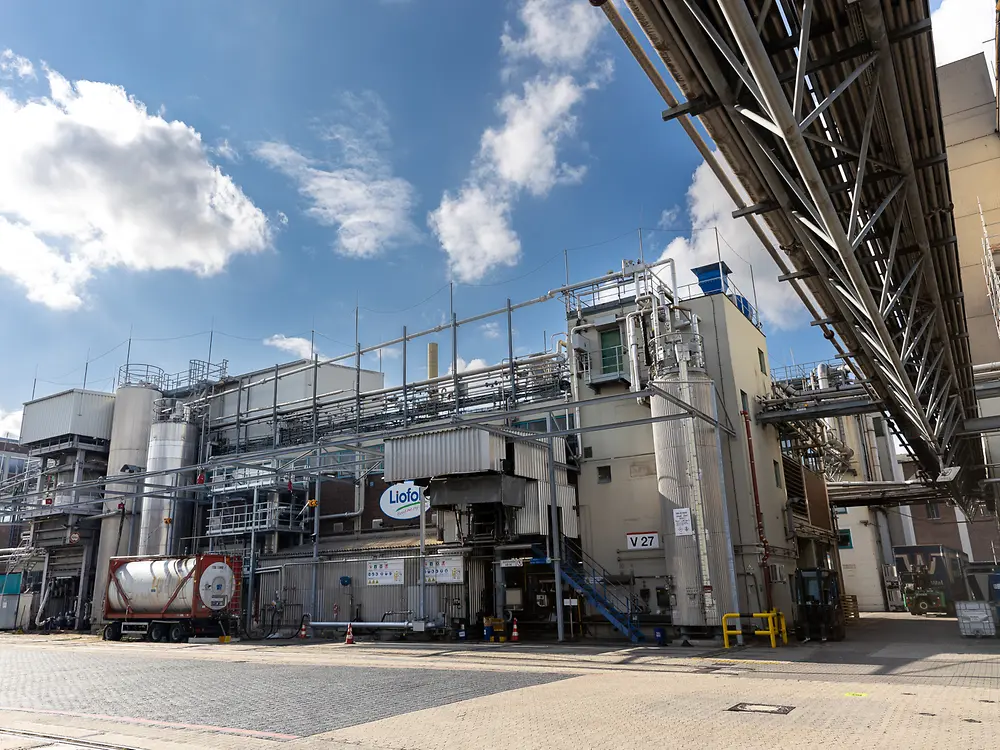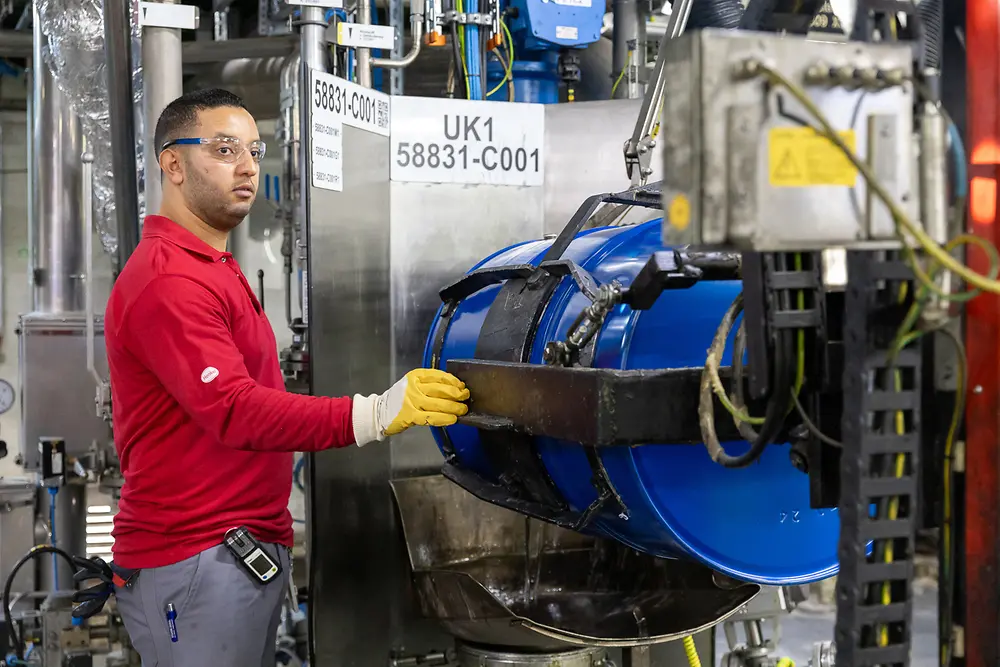ISCC PLUS is a globally recognized sustainability certification system for alternative raw materials. An important criterion for the certification involves switching from fossil fuels to bio-based, recycled or atmospheric CO2-based raw materials using the mass balance model. For a product or production to be recognized as being ISCC-compliant, each participant in the supply chain must be certified – from the point of origin to the retailer and the warehouse. “The use of bio-based materials in packaging is an important aspect of sustainable procurement,” says Cagri Turkmen, Market Strategy Manager Europe Flexible Packaging Adhesives at Henkel. “Adopting a responsible approach when selecting the raw materials ensures that the LOCTITE LIOFOL range offers a significant reduction in carbon footprint and therefore has the lowest possible impact on the environment.”
For companies that use the mass balance model, this means increased sustainability across the value chain by ensuring the greatest possible transparency with respect to the resources used – with no compromise on performance. The mass balance model represents an important step on the path to a circular economy in the chemical industry. The switching of existing production processes from fossil fuels to renewable raw materials ensures recycling rates can be reliably determined and qualified statements can be made to customers, end consumers and other stakeholders in the production chain.
“With the ISCC PLUS certification at the Düsseldorf site, we are laying an important foundation for the reduction of CO2 emissions. We offer our customers high-quality products which help them to reach their sustainability targets, supporting them on the path to a circular economy and in the reduction of their ecological footprint,” says Elodie Picard, Head of Sustainability Packaging at Henkel. Following the ISSC certification of the production plant, laminating adhesives incorporating bio-based materials through the mass balance approach are slated to be introduced.








